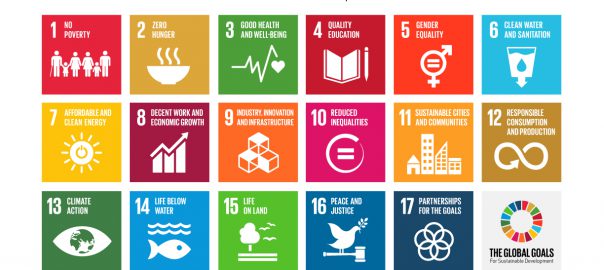
SLU has a long tradition of partnerships with the CGIAR, both at the institutional and individual scientist-level. The CGIAR is the world’s largest agricultural research and innovation network with 8 000 staff globally, focused on agriculture in low and middle income countries.
The CGIAR is currently reorganizing and has launched a new research and innovation strategy with the aim to transform food, land and water systems in a climate crisis. The One CGIAR vision for 2030 is a world with sustainable and resilient food, land and water systems that deliver diverse, healthy, safe, sufficient and affordable diets, and ensure improved livelihoods and greater social equality, within planetary and regional environmental boundaries. Climate change and the climate crisis is at the forefront of the new strategy that describes the food systems challenges in the contexts of six major regions across Africa, Latin America and the Caribbean, South Asia and Southeast Asia and the Pacific.
The strategy targets multiple Sustainable Development Goals (SDGs) and strives to achieve measurable benefits across five Impact Areas: (1) Nutrition, health and food security, (2) Poverty reduction, livelihoods and jobs, (3) Gender equality, youth and social inclusion, (4) Climate adaptation and mitigation, and (5) Environmental health and biodiversity. Three-year investment plans are set up for 2022-2024 and a number of CGIAR Initiatives (research programs) are under development. These initiatives will replace the previous Research Programs (CRPs).
The CGIAR will work with regional and national partners including universities and research institutes, business actors, and international partners. Scientists at SLU together with partners in low- and middle income countries from collaborations in research and capacity development are well positioned to contribute to this work. SLU’s global policy for Agenda 2030 points to several opportunities for cooperation between SLU and the CGIAR to contribute to the SDGs. To facilitate and support the dialogue between scientist at SLU and the CGIAR, a one page capacity statement based on SLU’s policy and the CGIAR strategy is made available here.
For more information, please contact the authors:
Ingrid Öborn, Professor at the Department of Crop Production Ecology, ingrid.oborn@slu.se
Ulf Magnusson, Professor at the Department of Clinical Sciences’, ulf.magnusson@slu.se
Sara Gräslund, Head of SLU Global, sara.graslund@slu.se
